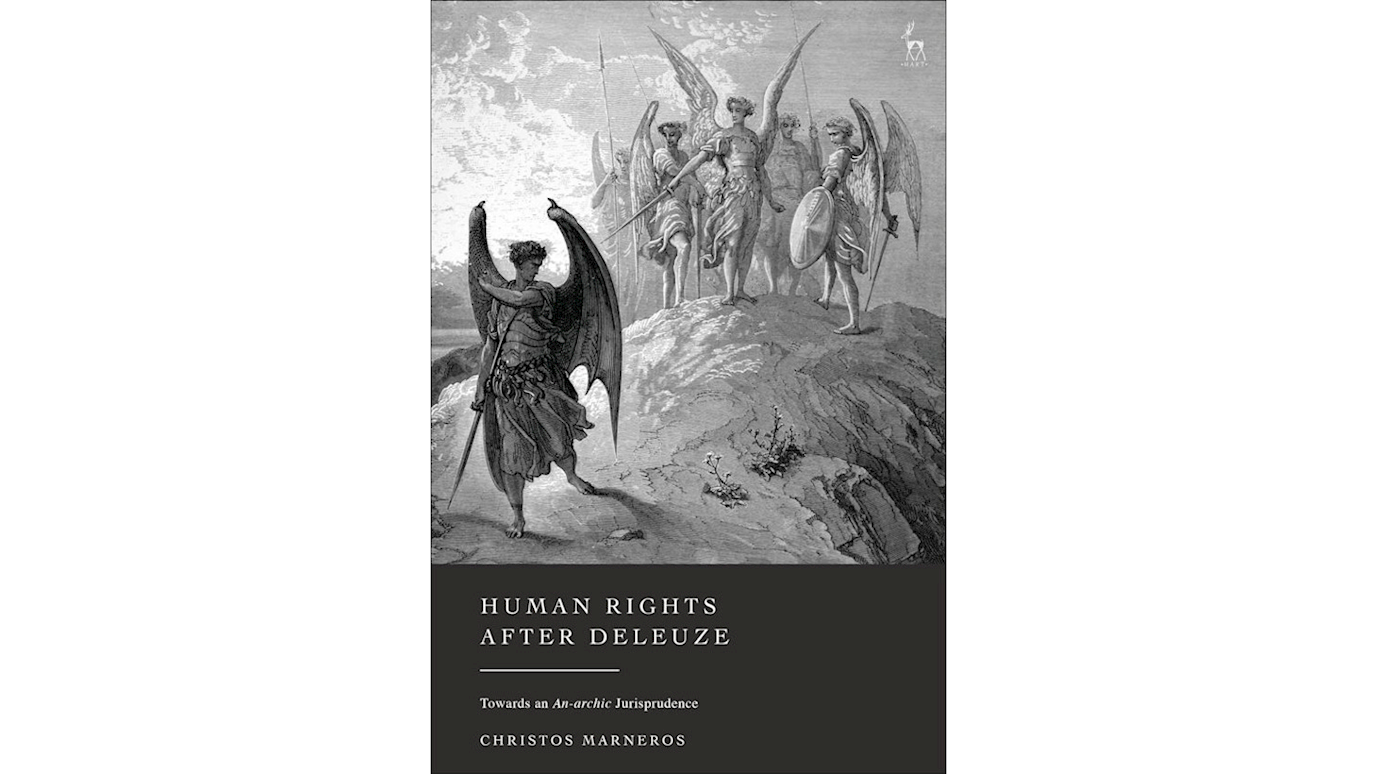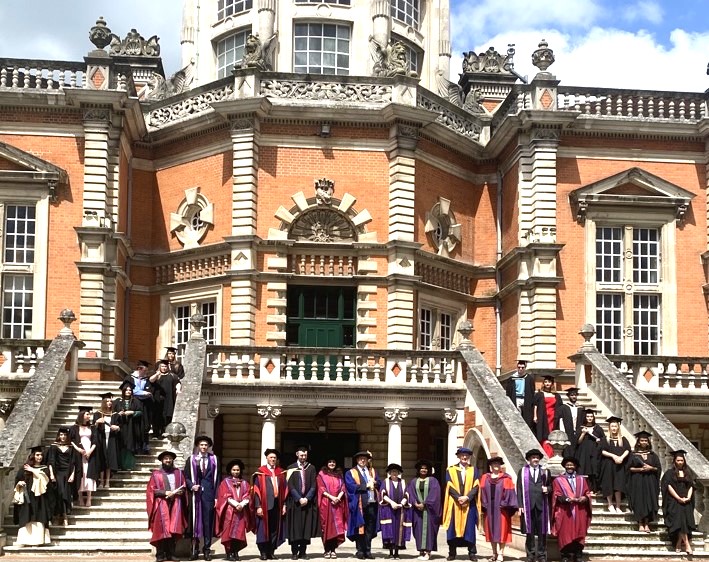Dr Christos Marneros’ book, "Human Rights After Deleuze: Towards an An-archic Jurisprudence" (Hart Publishing, Bloomsbury, 2022), is nominated for the prestigious “Political Theory Prize” awarded by the European Consortium for Political Research (ECPR).

The ECPR Political Theory Prize was introduced in 2020 to highlight the critical role of political theory in political science by celebrating outstanding contributions in the field. The prize is awarded for the best first book in political theory, published in English and within two years preceding the award year.
The nominations came from two academics based in institutions in different countries. The nomination was deemed eligible and a decision will be made by a jury comprised of a member of the Executive Committee acting as Chair, a member from each founding Political Theory Standing Group, a convenor of the Methodology section and a senior editor from the journal Contemporary Political Theory (CPT).
Dr Marneros’ book examines the possibility of creating new ways of existing beyond human rights. Multiple socio-political crises and the dominance of neoliberal and capitalist policies have led legal and political theorists to question the emancipatory promise of human rights and to reconceptualise human rights in theory and practice. The possibility of creating new ways of existing beyond human rights has been left significantly under examined, until now.
Having as its starting point the ferocious, yet brief, critique on human rights of one of the most prominent French philosophers of the 20th century, Gilles Deleuze, the book argues that Deleuze’s critique is not only compatible with his broader thought but that it has the potential to give a new impetus to the current critiques of human rights, within the ‘disciplinary borders’ of legal and political theory.
The book draws upon Deleuze’s broader thought, but also radical legal and political theory and continental philosophy. In particular, it investigates and expands on two of Deleuze’s most important notions, namely those of ‘immanence’ and ‘becoming’ and their relation to the philosopher’s critique of human rights. In doing so, it argues that these two notions are capable of questioning the dominant and dogmatic position that human rights enjoy.
An extract of the book can be read here.
























